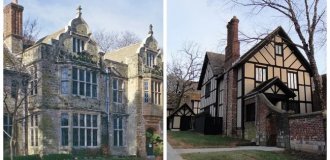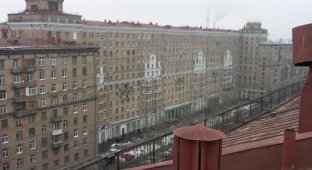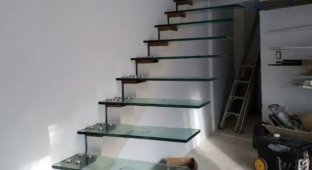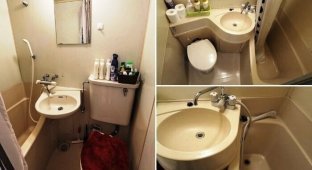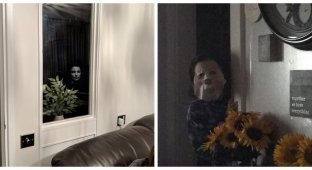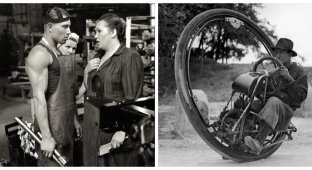10 features of buildings and apartments around the world that have an interesting explanation (11 photos)
Sometimes there is no logical explanation for the builders’ flights of fancy. Some architectural details, such as tiny doors or a window between the bathroom and the kitchen, at first glance, make no sense. But behind every curious solution there is a special idea, and everything that may seem strange to us actually turns out to be constructive. In this post, you will see architectural tricks from around the world. 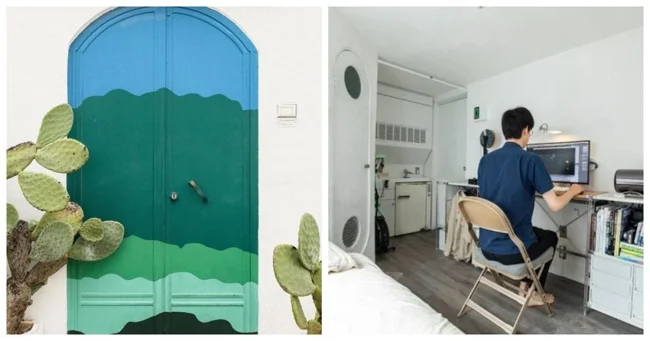
1. English windows are very unique 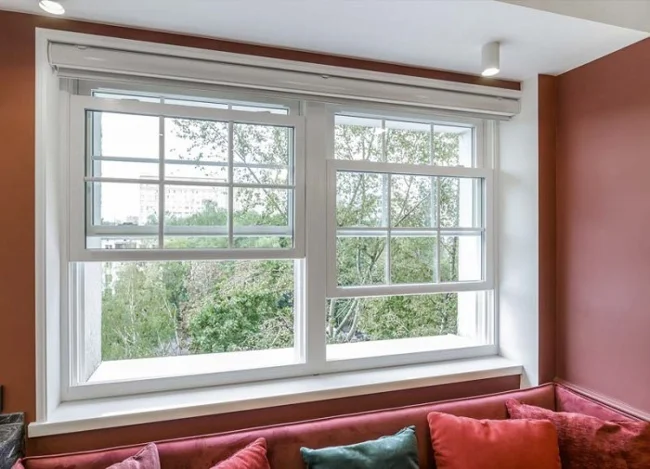
For citizens of our country, English windows are extremely unusual. Due to the peculiarities of their design, you can easily knock off or pinch your fingers. Windows in English houses consist of only one frame, and with one glass.
2. Capsule apartments in Asian countries 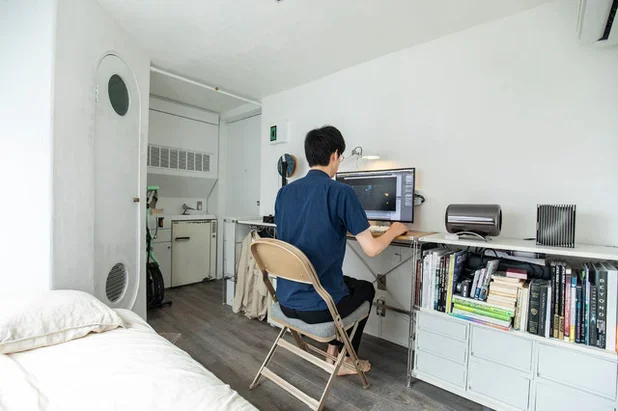
Japan is famous for its capsule apartments. In the country, it is customary to calculate the area of a home not in square meters, but in tatami. The size of one tatami is 90 × 180 centimeters. Such miniature sizes of housing force the Japanese to come up with design wonders: folding beds, kitchens in the closet and a toilet located in an unexpected place are common in Japanese apartments. A similar situation can be observed in other Asian countries.
3. Vintage "microwave" 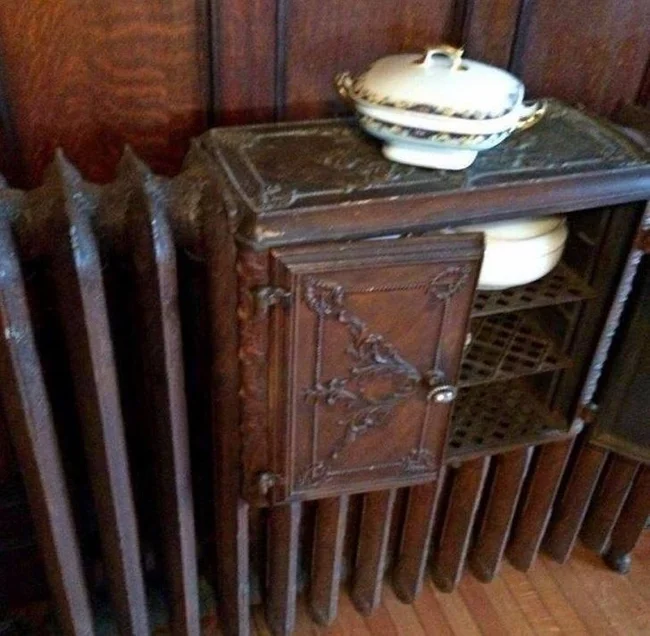
Radiators with a special built-in drawer could often be found in Europe at the beginning of the last century. They performed the function of a modern microwave, or if desired, you could dry your shoes there. Nowadays, such "microwaves" are rarely made.
4. A lock for drunks in Germany 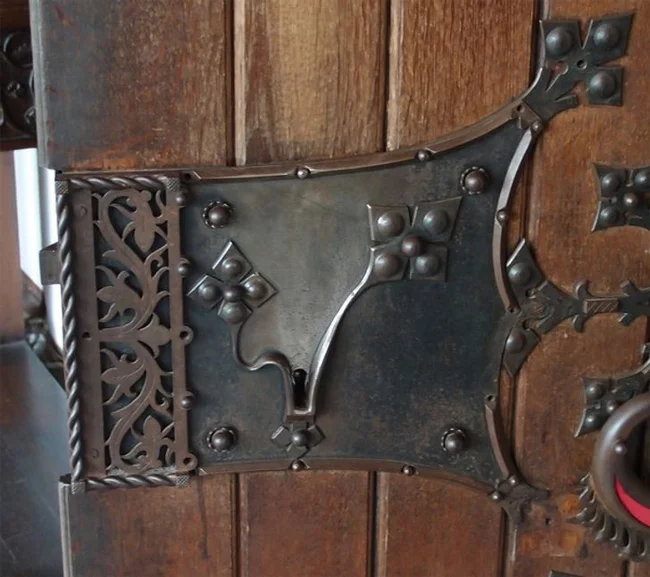
In the Middle Ages, wine was very popular, including for disinfectant purposes. Therefore, German blacksmiths came up with special locks for "drunks". Special bulges were provided around the keyhole so that tipsy citizens could easily insert the key.
5. Milk Storage Door 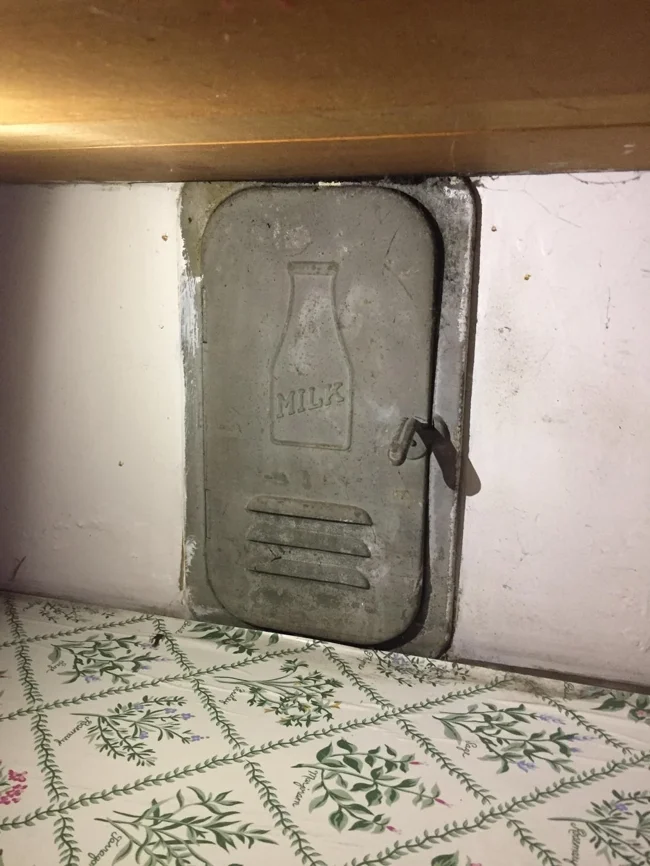
Nowadays we buy milk whenever we want. But in the last century, milk was delivered by a milkman, and it is known to be a perishable product. Therefore, small doorways were made in the walls of some houses so that milk could be placed there when it was delivered.
6. Shower next to the bathtub in Japan 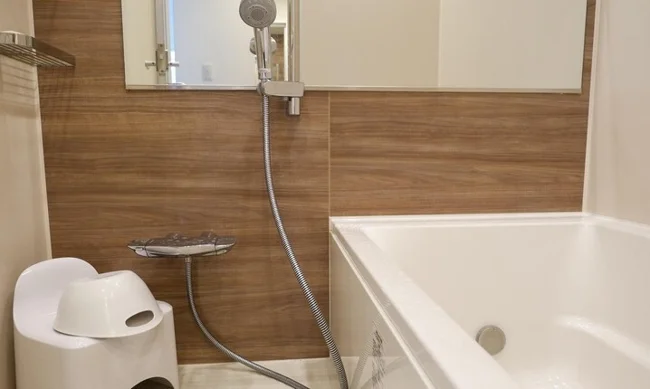
In a traditional Japanese bathroom, the shower is next to the bathtub, not above it, as we are used to. The water flows directly onto the floor and goes through a special hole in the floor. You can wash while sitting, for this purpose there is usually a small stool and basin next to the bathtub under the shower. The Japanese relax in the bathroom after the shower.
7. Suicide Nets 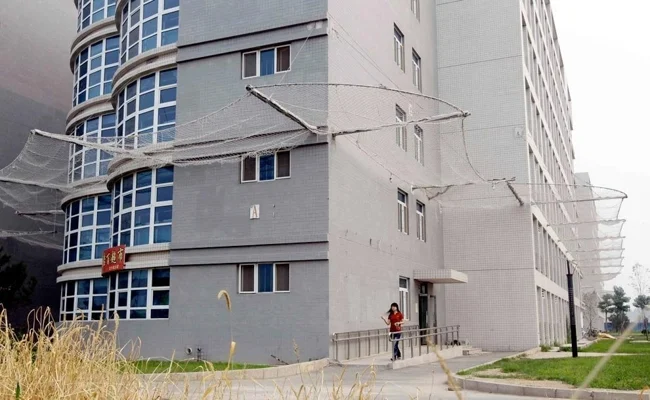
Foxconn is a factory in Shenzhen, China that produces most of Apple's electronics. Since 2010, nets have been installed around the perimeter of the building. As it turns out, Foxconn workers have been committing suicide en masse in the hopes that their relatives will be paid good compensation.
8. Bright doors in Italy 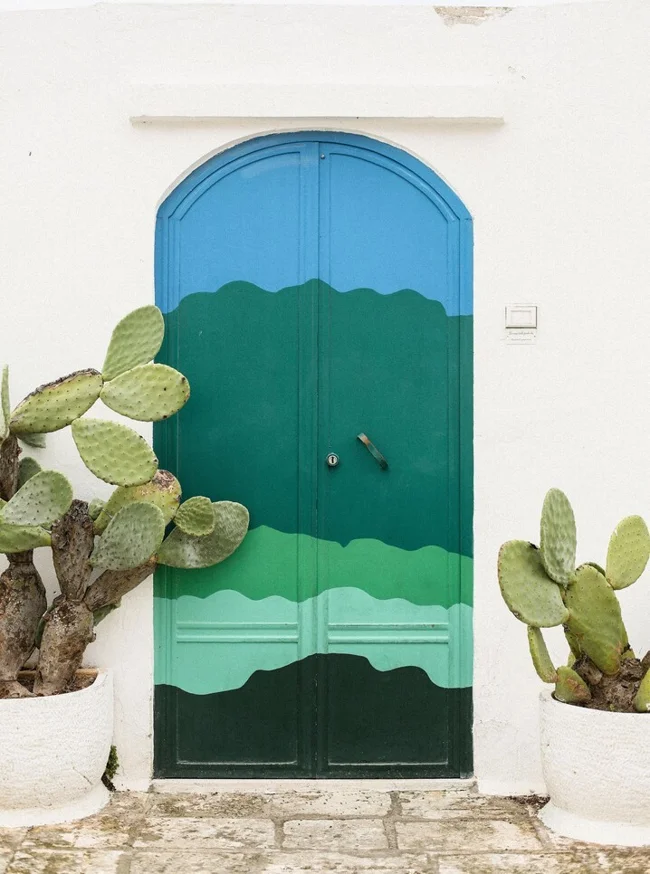
In Italy, the front door is the "face" of the house. They are most often installed with the metal side inward. On the outside, they make wooden trim, on which they make bright drawings, and also a common accessory is door knockers..
9. Window in the kitchen 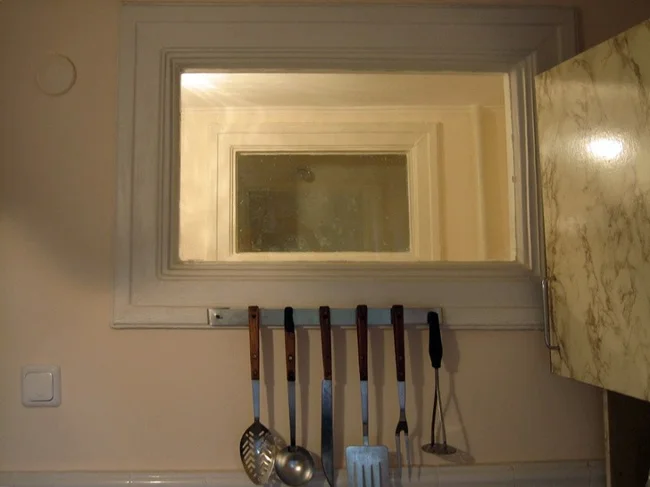
Builders provided for a window between the kitchen and the bathroom in all apartments in the USSR. There are many versions of the purpose of this window, from ventilation to safety considerations. But in fact, it was done to combat tuberculosis, because it was believed that Koch's bacillus multiplies in a humid environment.
10. Yards-wells 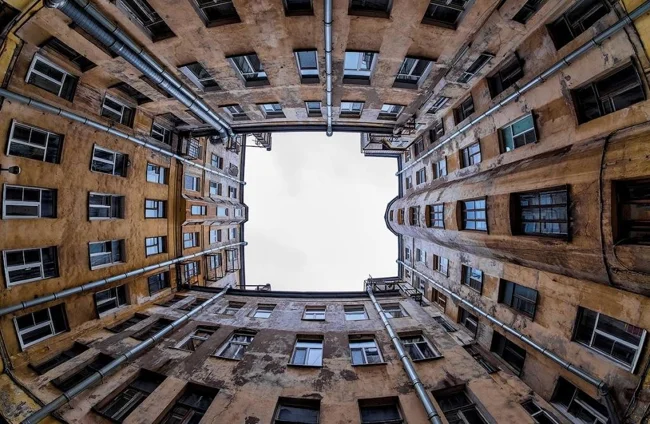
In St. Petersburg, courtyards-wells were built for the reason of saving space. Due to the lack of land in the city center, buildings were erected tightly adjacent to each other. And another reason was to obtain maximum profit. In St. Petersburg, apartment buildings for rent were popular.


